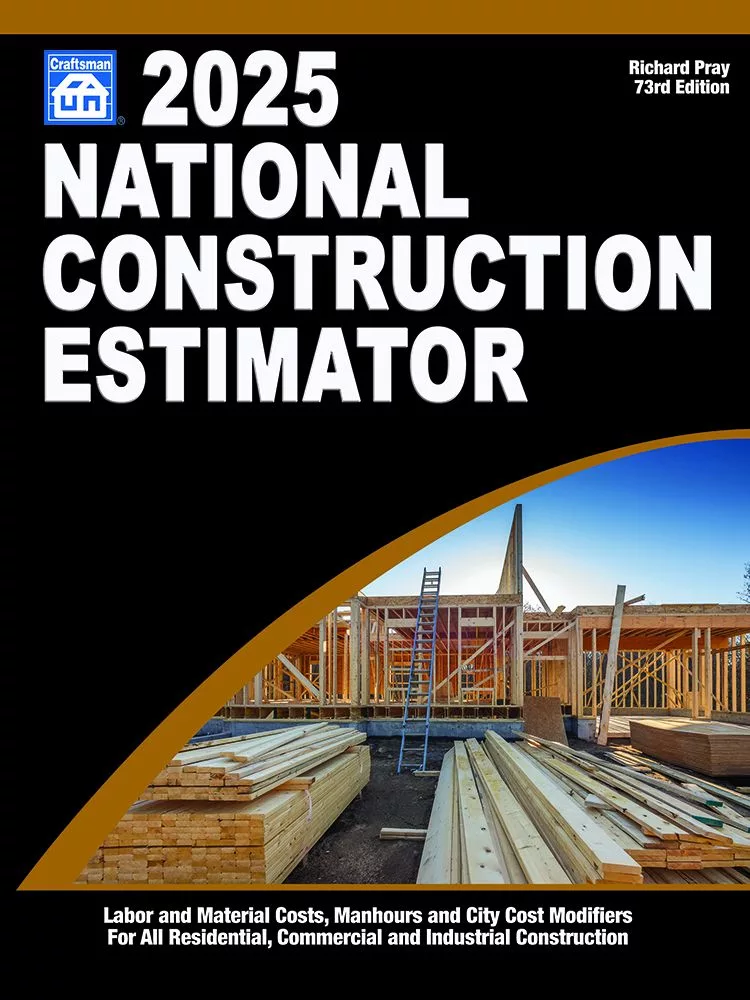Legally Speaking: Carefully Review Contract Clauses
There is a growing trend by general contractors, large and small, to develop terms and conditions for subcontractors to protect themselves from a wide range of liabilities and problems. Generally speaking, most subcontractors either do not read the terms and conditions carefully enough or they do not think that these will actually apply to them when things go wrong. Nothing could be further from the truth. But with a little effort, subcontractors can protect themselves. In this series of articles, we will discuss several of the more common clauses that the roofing contractor will face.
No-Damage-for-Delay Clause
Actually, this clause can be written in many forms, but all forms seek to eliminate financial liability for delays to the project, with wording such as:“Should Subcontractor be obstructed or delayed in the commencement, prosecution or completion of the Work without fault on its part, and by reason of causes which would entitle the Contractor to an extension of time under the Contract, then Subcontractor shall be entitled to an extension of time only to perform the Work which shall be equal to the extension of time to which the Contractor shall be entitled and granted by the Owner.
“Subcontractor expressly agrees not to make, and hereby waives, any claim for damages, including those resulting from increased labor or material costs, on account of any delay, obstruction or hindrance for any cause whatsoever, whether or not foreseeable and whether or not anticipated, including, but not limited to, causes that would entitle the contractor to an extension of time under the contract, and agrees that the sole right and remedy thereof shall be an extension of time in accordance with the foregoing paragraph.”
While these clauses might be enforceable and a roofer who is delayed on a project might be denied any compensation for this delay, there are some circumstances in which these conditions might not be enforceable.
One possibility is called “active interference.” This approach arises from the notion that every construction contract contains an implied promise not to prevent, hinder, or impede the contractor’s performance.
In the 1996 case of U.S. for Use and Benefit of Evergreen Pipeline Constr. Co., Inc. v Merritt Meridian Constr. Corp., the Second Court invalidated the No-Damage-for-Delay clause because of the general Contractor’s bad faith and malicious conduct. This included failing to honor repeated promises to provide required surveyors; grossly inflating back-charges in an attempt to “break” the subcontractor; backcharging the subcontractor for delays even though the owner had granted a time extension; and failing to make payments to the subcontractor even though the general contractor had been paid.
This generally requires proof of “intentional” and “willful” conduct, but a growing number of courts have found it to exist where the alleged wrongful actions were merely negligent. In fact, several jurisdictions around the country have found that a contractor can argue for the nullification of this clause on grounds of “simple negligence,” which might include: improper sequencing of work; defective plans and specifications; failure to coordinate the work properly; failure to make the work site available; and failure to grant timely extensions.
As a consequence of these developments, many owners and general contractors have modified the No-Damage-for-Delay clause to expressly disclaim owner or contractor negligence. This means that the contractor’s and subcontractor’s sole remedy for delay is the right to seek extensions of time. A failure to request time in accordance with the contract conditions can act as a waiver of the contractor’s right to seek either a time extension or any related damages.
In order for roofing contractors to protect themselves, they should carefully review their subcontract agreement for the No-Damage-for-Delay clause, and strike this clause from the agreement. If this is not possible, the best approach for roofers is to make sure that good field records are kept to show delays and disruption to labor. Also make sure that notices are given for delays, time extensions are requested, any unjustified back-charges are challenged, notices are given for faulty drawings and specifications, and demands are made for proof of any allegation that the roofer is causing delays to the project. These records and the responses from the general contractor might serve as the basis for challenging the No-Damage-for-Delay clause.
Looking for a reprint of this article?
From high-res PDFs to custom plaques, order your copy today!





